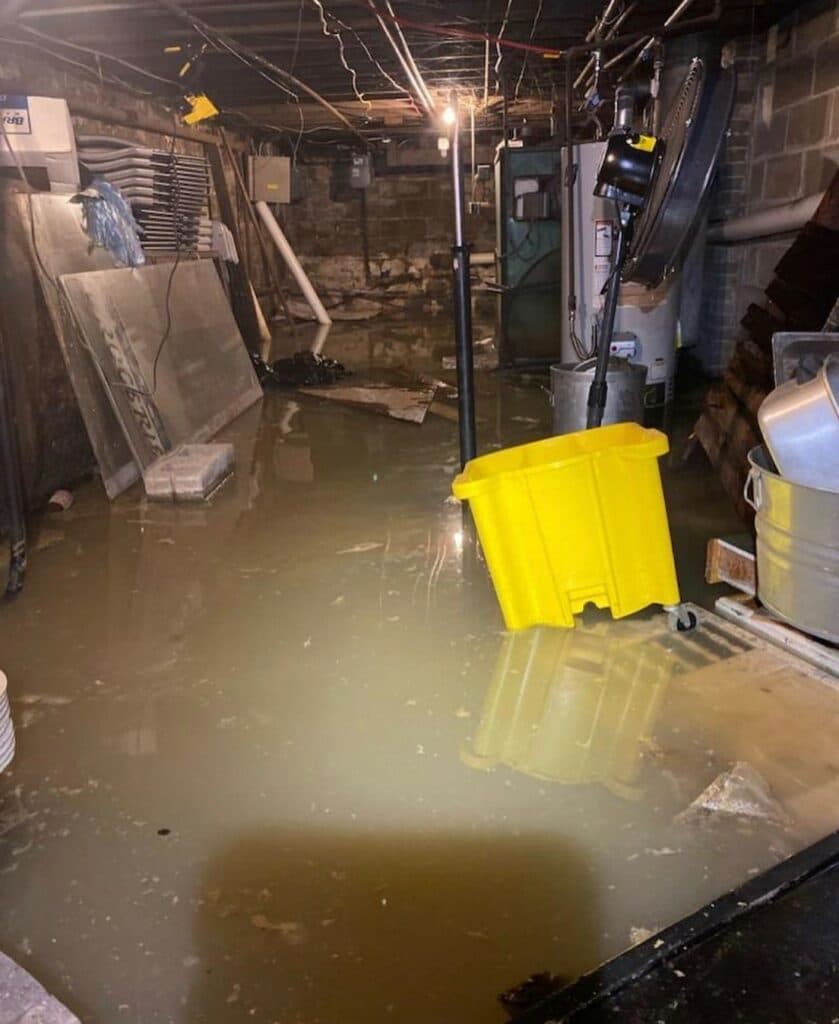I have had several people tell me that in today’s hot housing market, some sellers are saying no to home inspections, buy as is, and won’t even look at buyers who require one!
So what to do?
Learn how to spot water issues. Some water damage is obvious, but some can be harder to spot.
Not all water-damaged homes are a bad buy, and you can even use water damage as a negotiating tool if you think the repairs needed would be easy to complete. Talk to your real estate agent about offering the seller a lower price if you’re OK with doing the repairs yourself.
How Water Affects a Home
Water can create serious problems for a property, and it only intensifies with time. Each issue results in more time and money spent by the homeowner to correct the problem and ensure the home is structurally sound and safe to inhabit. Here’s what happens during a serious water infiltration, like a long-term leak, burst pipe, or flood.
Minutes. As soon as water infiltrates a home, it starts to spread contamination. Flooring and furniture become soaked and damaged, and drywall soaks up water from the floor like a sponge.
Hours. Within hours, the water-logged furniture begins to swell. Humidity levels rise, and unpleasant odors become noticeable. Any dyed fabrics will bleed or become discolored
Days. It only takes a few days for fungi and mold to start growing. Solid wood starts to warp, and hardwood floors are typically ruined by this time. Paint may blister, or wallpaper may begin peeling off the wall. The home’s wood structural components will start to swell and may split.
Weeks. Homes exposed to water for weeks, such as an unnoticed broken pipe behind a wall, will have more widespread mold issues. The property may need to be evacuated due to health risks, and people with allergies or respiratory problems may have difficulty breathing. Homes that deal with heavy long-term water exposure may need to be gutted and rebuilt from the inside out.
Common costs associated with water damage include replacing flooring and furniture, mold repair and removal, and installing new drywall. Wood beams and other structural elements will often need to be replaced. If the home must be gutted and re-done, the costs can be astronomical — which is why having a comprehensive homeowner’s insurance plan is a good idea.

Not all water-damaged homes are a bad buy, and you can even use water damage as a negotiating tool if you think the repairs needed would be easy to complete. Talk to your real estate agent about offering the seller a lower price if you’re OK with doing the repairs yourself. But before you decide if the home is a good choice for you, here are a few things you should do.
If you want a healthy home for your family and care about your resale value, it is a good idea to keep your basement dry all the time.
Good waterproofing solutions include, at the minimum, a leak detection system, water shut off valve for emergency pipes bursting, and a working sump pump.
The number one reason for Basement Flooding is sump pump failure.
The Basement Defender is a proactive system that lets you know before an emergency situation arises.
The Basement Defender does the following:
